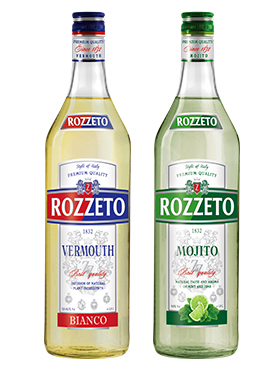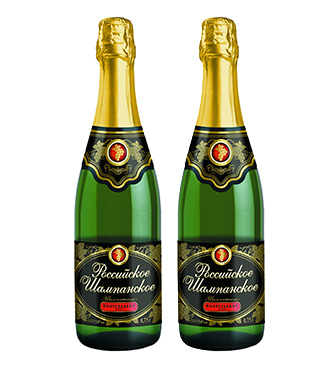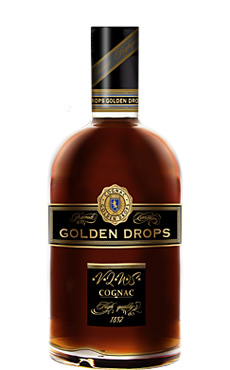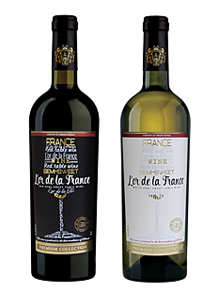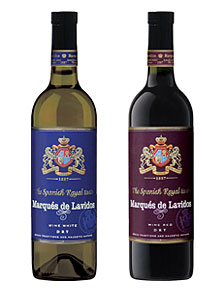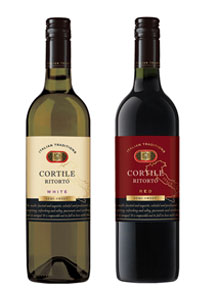Interview with A. Mishurov on the activity of Diamond Holding
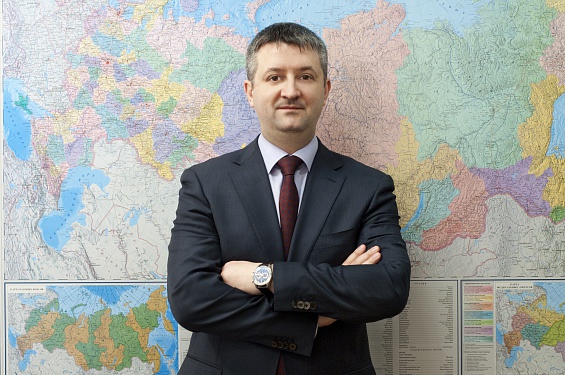
The Vice President of Diamond Holding, Andrey Mishurov, talks about what principles the work of the company is built on and how it reacts to the harsh measures introduced by the Russian government, especially for the Internet portal "Agrofudinfo".
Diamond Holding consists of 8 well-known Russian brands and 5 registered trademarks. The company not only produces well-known brands of alcoholic beverages, but also conserved and vegetables under the brand name SPELO-ZRELO. What did cause such a non-traditional choice within one company's product portfolio? To what category of citizens does it aim?
"As part of the same company in the market, you can engage in any industry that makes a profit, and take your rightful place. The most important thing is how to approach the matter.
The production of canned fruits and vegetables is not accidental. We prepared for it for over 2 years and started it as a second line of business, when we identified a promising niche where we could develop our own trademarks, which would be converted into brands - federal and even world wide. "
The official website of your company says that in 2007 Diamond Holding has changed the concept of its business development. What are the reasons for this, and what are the main principles of work formed on the basis of a new concept?
Diamond Holding was engaged in the distribution of alcoholic beverages from well- known plants until 2007, but did not have a portfolio of its own brands. In 2007, when we had already built a successful dealer network across the country, we had worked out arrangements to promote products and created an effective team, it was decided to create and promote products only of our own trademarks and brands, and actively develop our presence in federal networks and enter the markets of the CIS and Europe . "
Diamond Holding regularly expanded its range of alcoholic products. In 2009-2010, you brought to the market new brands of champagne and cognac. What is the main task of the emergence of new alcoholic beverages? Is it only an increase in economic benefits by expanding the client audience or, for example, increasing the loyalty of the existing customer base?
"We created and brought to market the champagne ZOLOTO FRANTSII (GOLD OF FRANCE) and the cognac ZOLOTYE KAPLI (GOLDEN DROPS) in 2008-2009, which were positioned in the middle price segment. Earlier, we already had a good experience with champagne in lower segments – of the economy-class.
Bringing both brands as new assortment categories, we meant to expand our trade matrix to increase the market share of alcohol".
You have existed on the market for 12 years. During this time, has anything changed in the alcoholic segment of the market? For example, have the control measures for production been made tougher by the state? Have consumers become more demanding? Has the competitive environment been strengthened?
"There have been several major changes over the 12 years: a change of excises, ban on the import of products from Georgia and Moldova, the appearance of the Federal Service for Alcohol Market Regulation who engaged in the regulation of the law, licensing, documentation and pricing on the alcohol market.
This definitely has a positive impact on the activities of our company.
The market has gradually become purged of unscrupulous players who do not comply with the conditions that regulate the production and sale of alcohol. The market has been narrowed, the competition has become more transparent, and Diamond Holding, as one of the leading players, has strengthened its position on this market.
Although it has become much more difficult to work and promote products on the alcohol market, due to the fact that the amendments were made to the law prohibiting alcohol advertising in the print media, on TV and radio. All budgets that alcohol companies spend on advertising are now sent to trade-marketing activities to promote products directly to retail outlets. Shelves, however, have a limited amount of enclosing products. As a result the competitive environment for products on the shelves is becoming tougher".
Has the entry of Russia to the WTO reflected on the activity of your company? What problems have you faced with in this regard?
"As of today, it has had no effect yet ".
How, in your opinion, will the market of alcoholic beverages develop in the future?
"I think there are two scenarios:
1) If the excise tax on alcohol rises, and nothing happens with the illegal market, it will directly lead to the displacement and a reduction in legal alcohol producers. The quality of alcohol products will leave much to be desired.
2) If the rate of excise duty is frozen and the fight against illegal alcohol business actively continues, the alcohol market will have all the chances to develop, given the improvement in living standards and the needs of the population for high-quality beverages. But this will happen only if a hard battle against counterfeiting will be really conducted, including the introduction of criminal responsibility for the production and sale of illegal products."
Source: agrofoodinfo.com



